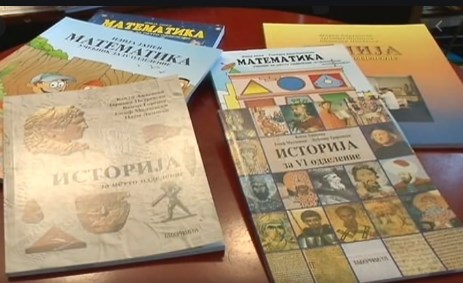Even though Prime Minister Zoran Zaev announced that he expects a break-through in the discussion between Macedonian and Bulgarian historians, he left it to the historians to explain what the huge “success” is all about. as Dragan Georgiev, the Macedonian co-chairman of the committee explained, the victory is in that the Macedonian side agreed to stop using the word “Macedonian” in the minutes from the meetings – except in a few, direct quotes.
Bulgaria is pushing strongly to stop having the Macedonian language and nation referred to as such, as it wants them defined to little more than a recent derivative of the Bulgarian language and nation. The minutes will now be signed with the term “official language of the Republic of North Macedonia” used instead of the term Macedonian language, and with similar other adjustments that were demanded by Bulgaria. It is in direct violation of the Prespa Treaty with Greece, where Zaev insisted that he protected right to refer to the Macedonian language as – Macedonian. But Bulgaria notes that it is not signatory to the Prespa Treaty and is not bound by it.
Only a few weeks ago Zaev insisted that Bulgaria will honor the “success” of the Prespa Treaty and will refer to the Macedonian language with its proper name. Zaev claimed that the Bulgarian historians on the joint committee were not properly informed about the fact that Macedonia secured the right to call its language Macedonian – albeit only from Greece.
They need to be informed. That issue has been resolved. Everything that is an identity adjective is an identity adjective. Bulgaria recognizes the reality, the current reality, and the identity adjective (Macedonian) is applicable here, Zaev insisted, only to make another concession a few weeks later.
Bulgaria is adamant that it will not allow the Macedonian language to become an official language of the EU, and intends to use the accession process to force Macedonia to severely reduce any mention of its own, independent language. The concession it won last week is a major one, and could be extended into other areas of the work of the committee. Its mandate is, ultimately, to rewrite history books in both countries, although Macedonia is clearly the only one under pressure to make concessions and implement them. The way things are going, it is likely that the word “Macedonian” will continue to be erased from the future minutes of the committee, and, by extension, from the resulting history books, leaving us not with Macedonian historic figures but with heroes “of the Republic of North Macedonia”.





Comments are closed for this post.